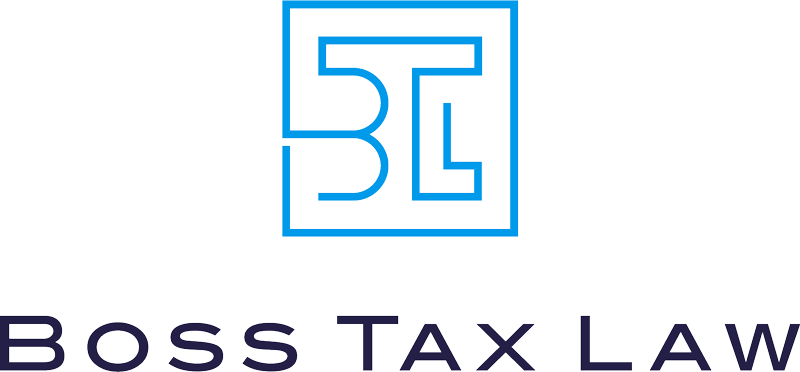As a business owner, are you keeping your business and personal taxes separate? If not, you could be setting yourself up for a tax nightmare. In this article, I’m breaking down why keeping your personal and business finances separate is critical—and how failing to do so can lead to serious IRS consequences.
The Danger of Mixing Business and Personal Finances
One of the most common mistakes I see as a former IRS agent is business owners treating their business bank account like a personal piggy bank. If you’re using business funds to pay for personal expenses—like groceries, family vacations, or even your Netflix subscription—you’re putting yourself at risk for IRS scrutiny and possible personal liability.
The IRS takes financial separation seriously. If they don’t see a clear distinction between your business and personal finances, they may disallow deductions and even hold you personally responsible for business taxes. This could result in:
- Denied Tax Deductions: If you deduct personal expenses as business expenses, the IRS will deny those deductions, leaving you with a large tax bill.
- Piercing the Corporate Veil: If the IRS determines there’s no real separation between you and your business, they can hold you personally liable for business debts and taxes.
- Increased Audit Risk: Businesses with questionable financial practices are more likely to be audited (due to mistakes on their tax return), potentially leading to further tax issues.
- Messy Records: Commingling funds makes bookkeeping and tax preparation more difficult and could deter potential buyers if you ever want to sell your business.
The Three Most Common Mistakes Business Owners Make
- Using a Business Bank Account for Personal Expenses
Many business owners make the mistake of paying personal bills directly from their business account. This can lead to personal liability for business debts and taxes. The IRS can “pierce the corporate veil,” meaning they see you and your business as one entity—eliminating your legal protections. - Paying Business Expenses from a Personal Account
On the flip side, using a personal credit card or bank account for business purchases is equally problematic. If you’re at the store buying items for both yourself and your business, make sure to ring them up separately using the appropriate credit cards. - Failing to Open a Separate Business Bank Account
Even if you’re a sole proprietor, you should have a dedicated business bank account where all business income is deposited, and all expenses are paid. This is a fundamental step in maintaining financial separation.
How to Keep Business and Personal Finances Separate
To avoid these IRS headaches, take these crucial steps:
- Open a Business Bank Account & Credit Card: Ensure all income and expenses flow through your business account, not your personal accounts.
- Pay Yourself Correctly: If you need money for personal expenses, don’t pay them directly from the business. Instead, take an owner’s draw (if you’re a sole proprietor or LLC) or a salary (if you’re an S corp or C corp).
- Maintain Proper Records: Keep up with bookkeeping, track all transactions, and retain receipts to prove expenses are business-related. Good recordkeeping is your best defense in an IRS audit.
Protect Your Business from IRS Problems
If you’re unsure whether your business is structured correctly or if you’re already facing IRS issues due to commingled funds, don’t wait until it’s too late. Taking proactive steps now can save you from future tax troubles.
If you need help ensuring your business is set up properly or handling IRS disputes, reach out to Boss Tax Law today. I’ll work with you to ensure your finances are compliant and protected from IRS scrutiny.
Avoid costly IRS mistakes—separate your business and personal finances now!
